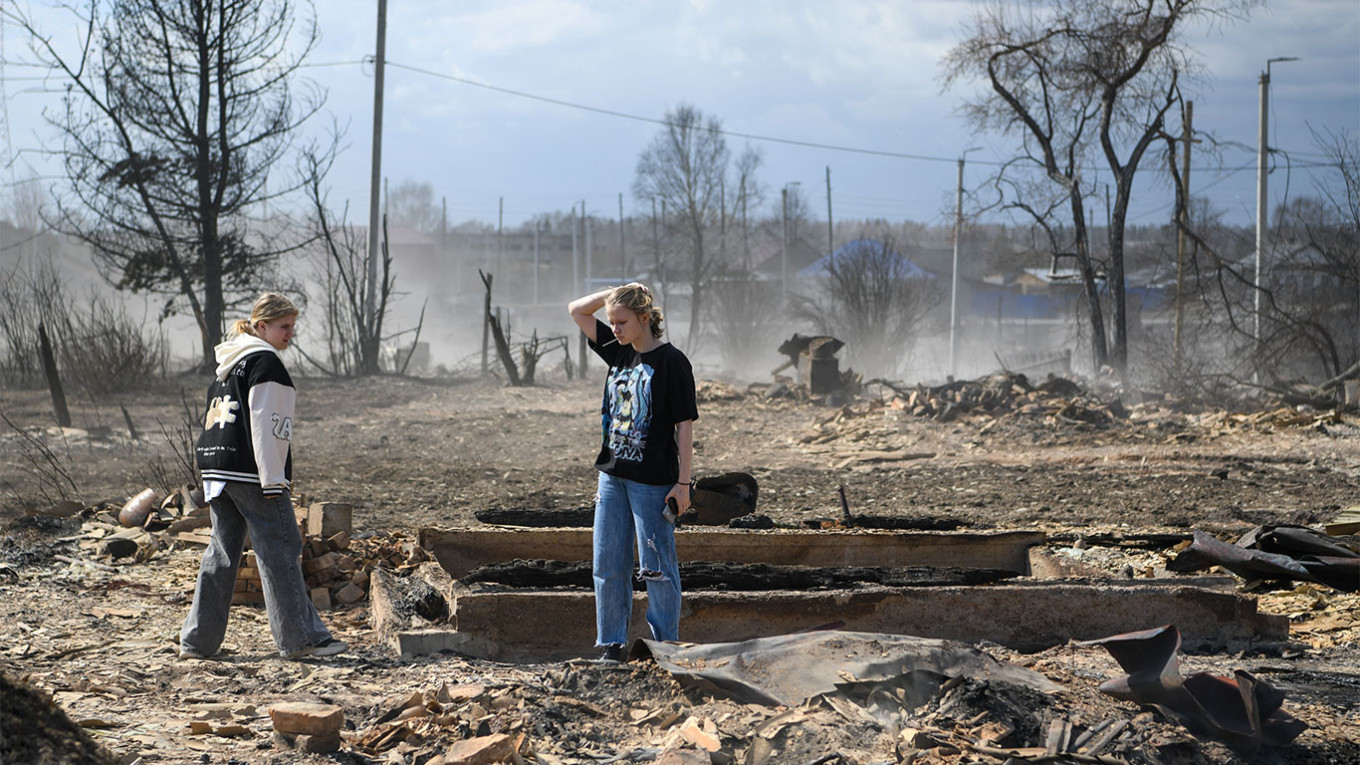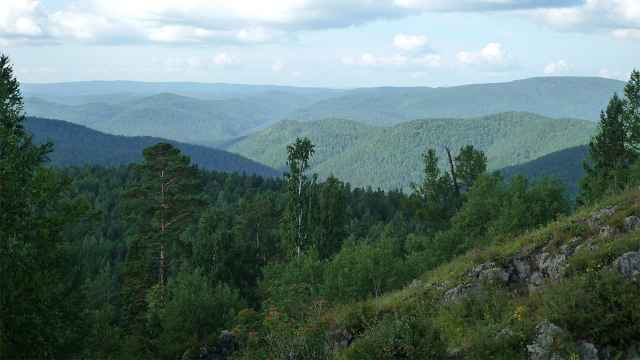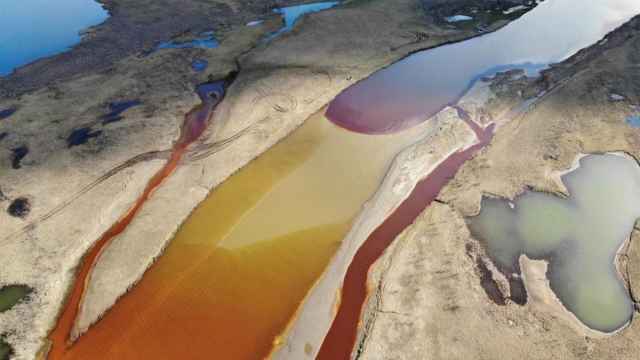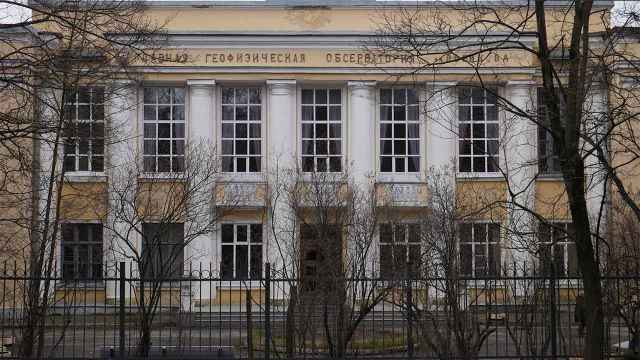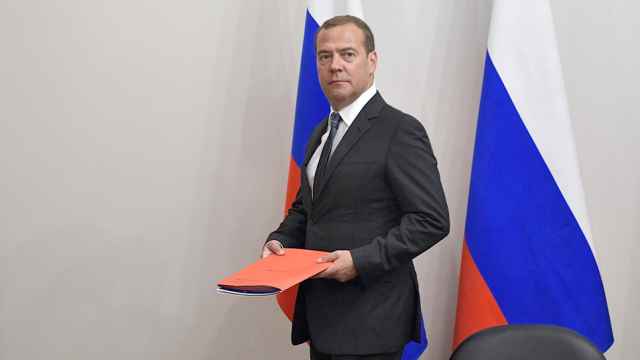Residents of the village of Sosva have been losing their homes to forest fires for years.
In the most recent major incident in April, a wildfire destroyed 130 houses, killed two individuals and left 659 people homeless in this village in the Sverdlovsk region.
When Novaya Gazeta Europe reporter Irina Kravtsova arrived in Sosva, locals told her that after so many fires, they no longer trusted the local administration and refused to live in the temporary housing provided by the government.
"They are afraid that if they accept to live in any of those poor temporary accommodations, they will be abandoned there forever, without receiving the decent housing they are entitled to,” Kravtsova said.
As wildfires across Russia have become increasingly widespread and intense in recent years due to climate change, communities like Sosva had turned to NGOs like Greenpeace, whose Russian chapter provided information and assistance with combatting the blazes.
But less than a month after the wildfire in Sosva, Russia declared Greenpeace an “undesirable” organization, forcing its Russian chapter to shut down and taking away a key resource for fighting fires.
The Russian Prosecutor General's Office claimed that Greenpeace posed a threat to Russia’s constitutional order and security.
Greenpeace had warned that the fires in Sosva were visible from space as early as April 14, which was 11 days before the flames spread to freestanding houses.
Olga, a former Greenpeace volunteer who asked that her name be changed due to the group's “undesirable” designation, spent seven years with the organization. She recalled how, during firefighting efforts in the Oksky Nature Reserve in 2022, the emergency situations ministry and other rescue services sought guidance from Greenpeace.
"It seemed like there was a huge media fire with everyone involved, but all those people rushed to the Greenpeace camp and asked them what to do... Everyone sought advice, everyone interacted, and it was cool, and it helped," Olga said.
A month after Greenpeace’s “undesirable” designation, the Prosecutor General's Office hit the World Wildlife Fund (WWF), another international environmental NGO, with the same label, claiming that the organization used its activities as a cover to threaten Russia’s economic and political development, particularly in its Arctic regions, which Moscow sees as highly strategic.
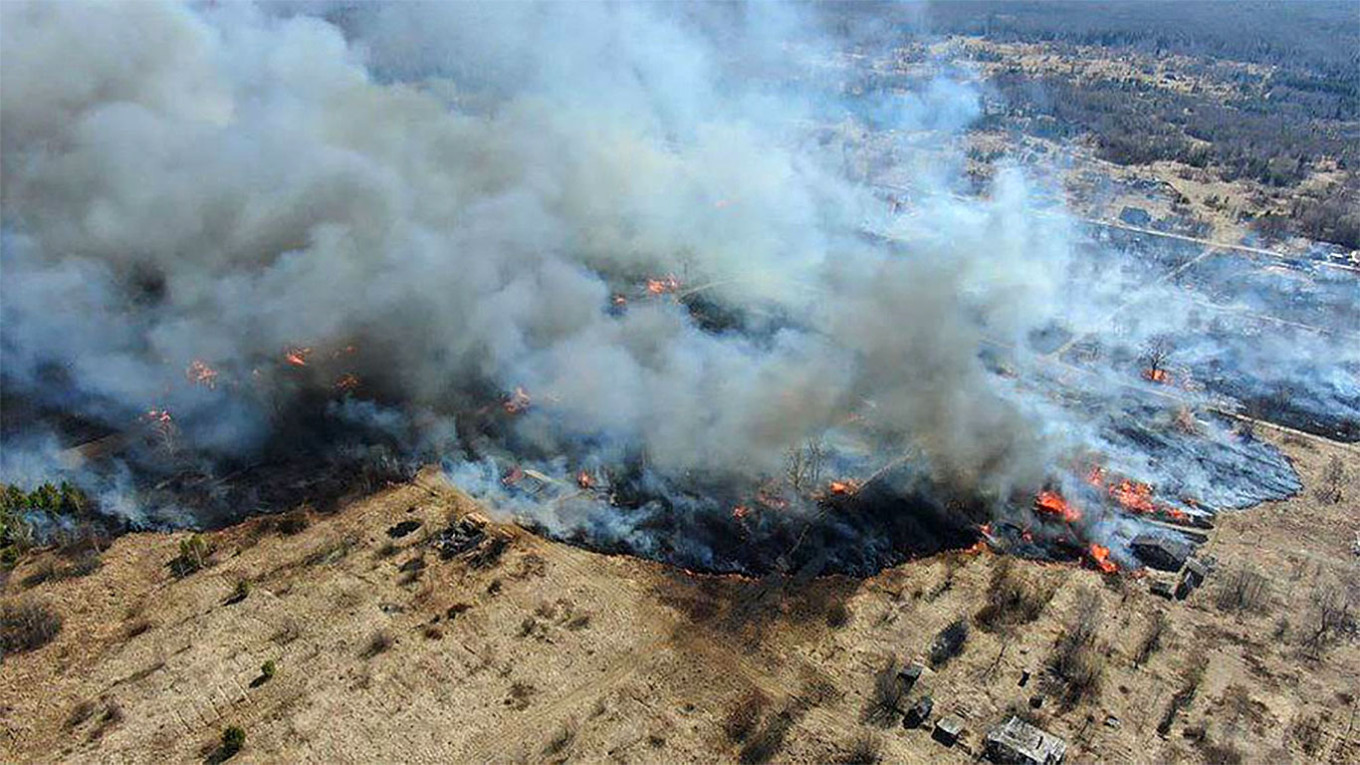
“Under the pretext of environmental conservation, the WWF is engaged in activities aimed at obstructing the implementation of the country's political course on industrial development in the Arctic, the utilization of natural resources in the Arctic territories, and the development and legitimization of restrictions that could serve as a basis for shifting the route of the Northern Sea Route towards the exclusive economic zone of the United States,” the Prosecutor General's Office said in its statement.
For the 29 years it operated in Russia, WWF had worked to preserve forests and protect the habitats of endangered species. The organization partnered with various government agencies and state-run corporations, such as the Natural Resources Ministry, energy corporation Lukoil, Russian Railways, and state-owned bank Sberbank, to address environmental concerns.
Just nine years ago, President Vladimir Putin had congratulated WWF on its 20th anniversary, saying the organization's civic stance deserved the utmost recognition.
"It is important that you do a lot to preserve the unique nature of the Arctic region and closely collaborate in this direction with the Russian Geographical Society," Putin wrote in a congratulatory telegram.
The Russian branch of WWF said that it was ceasing its collaboration with the international organization and terminating its agreement for using its famed panda logo and the WWF abbreviation.
Because WWF Russia’s website is now blocked, access to all resources previously available on the website, including information about preventing and stopping forest fires, is gone.
The Russian Ecological Society had initially appealed to the Justice Ministry with a demand for restrictions or a ban on WWF and Greenpeace.
Yevgeny Bakurov, the head of the Russian Ecological Society’s Irkutsk regional branch, carried out the largest illegal deforestation in Russian history, destroying over 15,000 hectares of forest in the region. His company, Eksportles, supplied this timber to IKEA, the independent Novaya Gazeta newspaper reported.
Greenpeace and WWF are just two of a growing number of foreign NGOs to be targeted in Russia's crackdown on environmental groups. Earlier this month, the Prosecutor General's Office labeled the Altai Project, which protects wildlife and supports indigenous peoples in Siberia’s republic of Altai, “undesirable.” The authorities claimed that "the key focus of the organization's work is sabotaging the construction of the Power of Siberia-2 gas pipeline.”
Russia has also declared “undesirable” the Wild Salmon Center, which worked to protect Pacific salmon and their habitat. The Prosecutor General's Office stated that the organization aims to "restrict Russian economic development."
Grigoriy Kuksin, the founder of the Landscape Fire Prevention Center NGO, said that without international organizations, Russian authorities will lack an important source of independent feedback on the actual scale of wildfires and other environmental crises.
“I'm concerned that the officials making these decisions underestimate the significance of this feedback,” Kuksin said. “While it may appear that they are eliminating an annoying factor, they are actually depriving themselves of a vital channel for acquiring important information.”
According to Russian forestry regulator Avialesokhrana, the area affected by forest fires in Russia has increased by 43 times in the past month. More than 700,000 hectares of forest are currently burning across the country.
Kuksin is currently battling fires in the Sverdlovsk region, where the fire destroyed the village of Sosva. He said he believes that the forecast is worrisome and highlights the firefighters’ struggle with a lack of water.
"I'm afraid that the Sverdlovsk region will definitely continue to face difficulties with fires until the end of this season, which means until winter," added Kuksin.
A Message from The Moscow Times:
Dear readers,
We are facing unprecedented challenges. Russia's Prosecutor General's Office has designated The Moscow Times as an "undesirable" organization, criminalizing our work and putting our staff at risk of prosecution. This follows our earlier unjust labeling as a "foreign agent."
These actions are direct attempts to silence independent journalism in Russia. The authorities claim our work "discredits the decisions of the Russian leadership." We see things differently: we strive to provide accurate, unbiased reporting on Russia.
We, the journalists of The Moscow Times, refuse to be silenced. But to continue our work, we need your help.
Your support, no matter how small, makes a world of difference. If you can, please support us monthly starting from just $2. It's quick to set up, and every contribution makes a significant impact.
By supporting The Moscow Times, you're defending open, independent journalism in the face of repression. Thank you for standing with us.
Remind me later.


